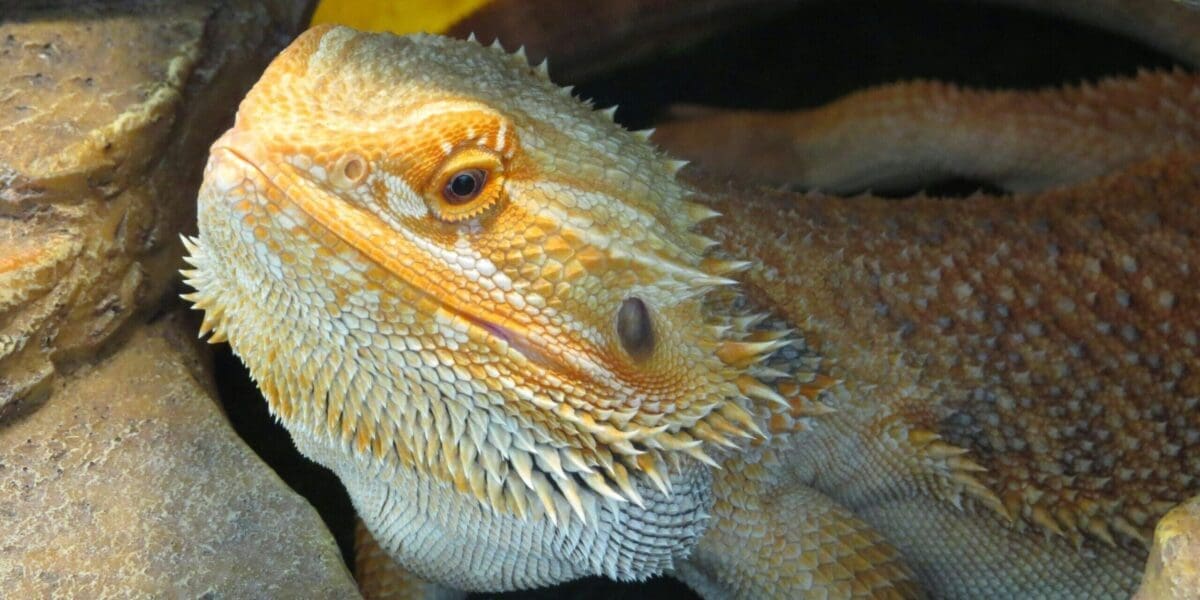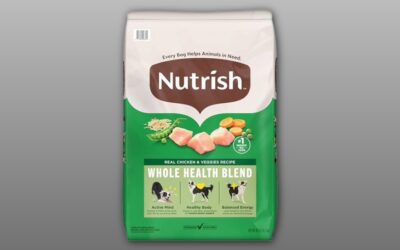Discover the concealed truth behind the bearded dragon’s lifespan – these scaly buddies can flourish for over a decade with the right care and practices. Guarantee your pet stays healthy and happy by focusing on factors like genetics, habitat, and health issues that can impact their longevity. By prioritizing proper lighting, nutrition, and space, you set the stage for your bearded dragon to lead a long and fulfilling life. Embrace these guidelines to unravel the secrets of nurturing a thriving bearded dragon companion.
Some Key Points
- Domestic beardies live 8-10 years with better protection.
- Wild dragons have shorter lifespans due to predation.
- Proper care and environment are crucial for longevity.
- Genetic issues, skin problems, and MBD affect lifespan.
- Best practices include lighting, diet, space, and habitat.

Origins and Lifespan of Bearded Dragons
Bearded dragons, originally hailing from central Australia, have an average lifespan of 8-10 years under proper care. When comparing wild and domestic bearded dragons, wild ones often have shorter lifespans due to factors like predation and lack of care. In contrast, domestic beardies are better protected and tended to, which contributes to their longer lifespans. These fascinating creatures typically reach maturity between 1 and 2 years old, indicating a vital stage in their aging process. Understanding the differences in lifespans between wild and domestic bearded dragons sheds light on the importance of care and environment in ensuring these reptiles live a healthy and fulfilling life.
Factors Influencing Bearded Dragon Longevity
Factors influencing the longevity of bearded dragons include genetic issues from inbreeding, skin problems in Silkback varieties, and common health issues like metabolic bone disease. Genetic influences can predispose these reptiles to various health complications, potentially shortening their lifespan. Environmental factors, such as inadequate lighting or incorrect temperatures, also play a significant role in determining how long your bearded dragon will live. To guarantee your pet’s long life, it is vital to provide proper care and a suitable habitat. Below is a table highlighting the key factors impacting the lifespan of bearded dragons:
| Factors | Description | Impact |
|---|---|---|
| Genetic Issues | Result from inbreeding | Potential health risks |
| Skin Problems | Silkback dragons prone to skin issues | Reduced life expectancy |
| Metabolic Bone Disease | Common health issue due to poor husbandry practices | Decreased quality of life |

Best Husbandry Practices for Longevity
To guarantee the longevity of your bearded dragon, prioritize proper lighting, temperature maintenance, and a balanced diet. Adequate UV exposure is essential for your dragon’s health, so make sure they have access to proper lighting. Maintain the terrarium at important temperatures and humidity levels to keep them comfortable. Feed your bearded dragon a balanced diet rich in leafy greens, vegetables, gut-loaded insects, and calcium-dusted prey. The size of the terrarium is vital; provide enough space for your dragon to move around and bask. By focusing on these aspects of husbandry, you can help ensure a long and healthy life for your beloved bearded dragon.
Common Health Issues in Bearded Dragons
Common health issues in bearded dragons often stem from improper husbandry practices and can greatly impact their overall well-being. To guarantee your bearded dragon stays healthy, consider the following:
- Dehydration Prevention: Proper hydration is essential for bearded dragons. Make sure they have access to fresh water and offer regular baths to aid in hydration and promote shedding.
- Dental Care Strategies: Bearded dragons can suffer from dental issues. Provide appropriate items for them to chew on, such as soft wood or calcium-rich materials, to help maintain healthy teeth and prevent potential dental problems.
- Regular Veterinary Check-ups: Schedule routine visits with a reptile veterinarian to monitor your bearded dragon’s health, address any concerns early on, and receive guidance on proper care practices to prevent common health issues.

Resources for Bearded Dragon Care
Explore reputable sources such as veterinary clinics, animal hospitals, and informative websites for valuable insights on how to best care for your bearded dragon. When it pertains to reptile enrichment, consider providing different textures and structures in their habitat to encourage natural behaviors. Nutrition tips suggest offering a varied diet of leafy greens, vegetables, gut-loaded insects, and calcium-dusted feeders to guarantee proper growth and health. Environmental enrichment can be achieved through the use of basking spots, hiding places, and climbing opportunities. Learn proper handling techniques to minimize stress for your pet and build trust. Remember, a well-rounded care routine incorporating reptile enrichment, nutrition tips, environmental enrichment, and handling techniques is crucial to ensuring a happy and healthy life for your bearded dragon.
Conclusion
Now that you have discovered the secrets behind bearded dragon lifespan, you are prepared to provide the best care for your scaly companion. By comprehending the factors that influence their longevity and implementing proper husbandry practices, you can guarantee a fulfilling and healthy life for your pet. Stay informed about common health issues and utilize resources available to enrich your knowledge. Seize the opportunity to be a responsible caregiver and enjoy a thriving relationship with your bearded dragon. Building a strong bond with your bearded dragon can bring immense joy and teach valuable lessons about responsibility and compassion. The benefits of owning a family pet go beyond companionship, fostering a sense of connection and shared purpose among family members. By nurturing your bearded dragon, you contribute to a rewarding experience that highlights the importance of care, love, and respect for all living creatures.
Some Questions & Answers

Can Bearded Dragons Live Together in the Same Enclosure?
Yes, you can house bearded dragons together, but be cautious. They have social dynamics and territorial behaviors that can lead to aggression. Guarantee the enclosure is spacious with multiple basking spots and hiding areas to minimize conflicts. Watch for signs of dominance or stress. Regularly monitor their interactions and provide separate feeding and basking areas to prevent competition. Always prioritize the well-being of your pets when considering cohabitation.
How Often Should Bearded Dragons Be Bathed?
When caring for your bearded dragon, it’s crucial to bathe them about once a week. Bathing helps with shedding frequency and meets their hydration needs. Use lukewarm water and gently handle your pet during the bath to guarantee they stay comfortable. Proper bathing is a simple way to keep your bearded dragon healthy and happy. So, remember to give them a relaxing soak regularly!
Are There Specific Plants That Should Be Avoided in a Bearded Dragon’s Diet?
When caring for your bearded dragon, it’s important to know which plants to avoid in their diet. Toxic plants like ivy, daffodils, and tulips can be harmful. Opt for safe alternatives such as collard greens, dandelion greens, and squash. Always double-check the safety of any new plants before offering them to your pet. Providing a varied and safe diet will contribute to your bearded dragon’s overall health and longevity.
Do Bearded Dragons Need to See a Specialized Reptile Veterinarian?
To maintain your bearded dragon’s health, it’s essential to see a specialized reptile vet. These vets have the expertise to address specific lizard needs like dietary supplements and heat lamps. They can provide tailored care and advice to guarantee your dragon’s well-being. By consulting a reptile vet, you’re taking proactive steps to safeguard your pet’s health and longevity. Remember, their specialized knowledge can make a big difference in your dragon’s quality of life.
Is It Normal for Bearded Dragons to Change Color as They Age?
As bearded dragons age, it’s common for them to undergo color changes due to shedding and hormonal shifts. This process is part of their natural behavior and growth. Keep an eye on these alterations as they can sometimes signal health issues. Guarantee proper care, including diet, lighting, and habitat, to support your dragon’s well-being. Regularly monitor their color changes alongside their behavior to maintain a healthy and happy pet.



